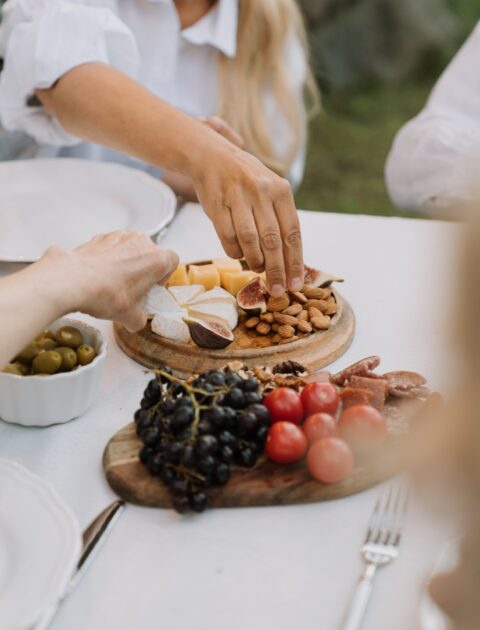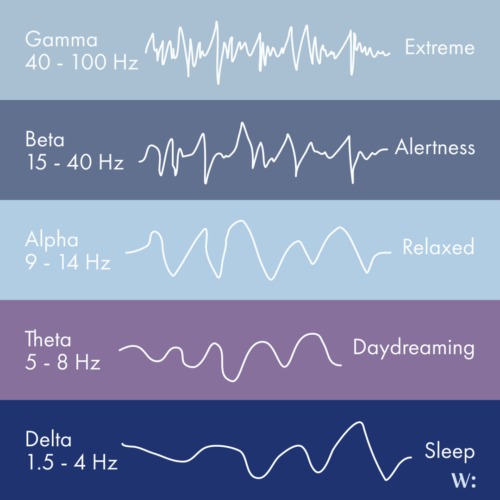Extra 13 years of lifespan. Researchers have found the optimal longevity diet
"The food you eat can be either the safest and most powerful form of medicine or the slowest form of poison"

That number – 13 years – is not an exaggeration, it’s not clickbait, and it’s not even a clever trick around numbers. It’s real – this number is the product of the long and intricate work of the scientific community. We can now quantify how our diet affects our lifespan! And for that, we have to thank a Norwegian paper published in February 2022.
You see, there is a lot of research on nutrition and longevity. A staggering 246,286+ scientific papers on nutritional topics have been published… since 2017! Somebody needs to analyze all of this, and so somebody did. In April 2022 another group of researchers from the US published a paper where they analyzed the Norwegian paper plus a ton of other research to determine what’s the perfect diet for longevity. They say that changing one’s diet is “perhaps the most potent, feasible and safest intervention to improve health, extend longevity,… and extend healthspan”.
"Researchers say that changing your diet is perhaps the most effective way of extending your lifespan and improving overall health."
The longevity diet recipe
The main idea of the longevity diet is to limit your consumption of fats and proteins while increasing your consumption of unrefined carbs. The overall formula of the optimal longevity diet created by the American researchers is the following:
- 45-60% of your calories should come from carbs (unrefined)
- 25-35% from fats (mostly plant-based)
- 10-15% from protein (mostly plant-based)
Wait, but that seems like an extremely low amount of protein and a very high amount of carbs, is that even healthy? According to these researchers some of the longest-living people on Earth, from the Japanese island of Okinawa only consume about 1% of their calories from animal sources. Okinawan centenarians are 4 times more likely to reach the age of 90.
But why does reducing protein boost longevity? The researchers hypothesize that this is due to a sort of mild nutrient starvation. They say it might happen because our bodies evolved to enter a state of high protection and slow ageing maintenance mode when there’s not enough food.
"Our bodies can enter into a state of slow ageing maintenance when we eat only a small amount of protein according to the researchers."
But which specific foods boost longevity? In comparison to a regular Western diet, the optimal longevity diet has:
- More whole grains
- More legumes
- More fish
- More fruits and vegetables
- More nuts
- Less red and processed meat
- Less sugar-sweetened beverages
- Less refined grains
You may also like:
How many years will this diet add to your lifespan?
The researchers, from the Norwegian paper have found that an optimal diet is capable of extending your lifespan by 10.7 years for women, or 13 years for men if started at the age of 20. If started at age 60, you could expect to extend their life by 8 years (women), and 8.8 years (men). And if started at age 80 – by about 3.4 years for both sexes.
If, for example, you are a 20-year-old woman from Singapore, your life expectancy is 85 years, and based on what research found, with the optimal diet, you would be able to live (theoretically) almost up to 96 years. Not bad! Not bad at all.
What to eat and how much
There’s actually a very handy calculator, that the Norwegian researchers have developed to help you calculate how different foods (legumes, whole grains, meat, dairy, etc.) affect your lifespan. The design is a bit clunky, but by inputting your average daily consumption of different foods, you can see how many years that dietary change is adding or subtracting from your lifespan.
For example, if you’re 32 years old, and you’re not eating any legumes (ever), adding 200 grams of legumes per day to your diet can add 2.01 years to your lifespan. And by reducing your red meats to zero, you can expect an extra 1.5 years. It might be a bit hard to keep to this diet in the beginning, but every little bit helps.
"If you keep good food in your fridge, you will eat good food."
What to be aware of before starting the longevity diet
Okay, all of this advice on the perfect diet for longevity looks almost too good to be true. And in part that’s the case. All of this is an approximation, based on the (still limited) evidence that we have. In reality, there are many other factors that will affect how the diet affects your health and longevity. Such as:
- Your genetics – maybe you have inherited some great genes that make dairy a longevity superfood for you but not for others.
- Your sex – it looks like when men switch to a longevity diet, it adds more years to their lifespan than it does for women.
- Your body composition – sometimes having obesity can affect how your body will react to certain foods.
- Your underlying metabolic factors – maybe you’re better at digesting beans, while your friend is great at digesting mushrooms. Maybe you’re lactose intolerant, or gluten-sensitive.
- Your eating habits – a regular eating schedule can have health benefits, but intermittent fasting and calorie restriction have also been shown to be great for human health.
- How much you eat – for example, eating nuts can increase your lifespan, but eating too many nuts can also be bad for you, and contribute to reducing your lifespan.
Phew! That was a lot. How to not get lost in all of this complexity? How do you even follow a diet if there are so many variables involved? It might not be straightforward, but a safe bet could be trying a little bit of everything and seeing what works. Try out that calculator. Or if you want extra precision, try a health coach. At the end of the day, try listening to your body and how it reacts to certain changes.
General nutrition advice is good. But it has its limitations. General advice is an approximation – it’s designed to work well enough for most people, but it can omit nuances. Adding the nuances might make this whole diet endeavour seem impossibly complex. But that’s the recipe for the optimal diet. That’s the recipe for the +13 years. This dish might be hard to cook, but just like a well-made ratatouille, it is worth it. The power is in the complexity.
More from the magazine
Selected stories from our Team










